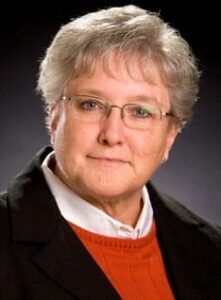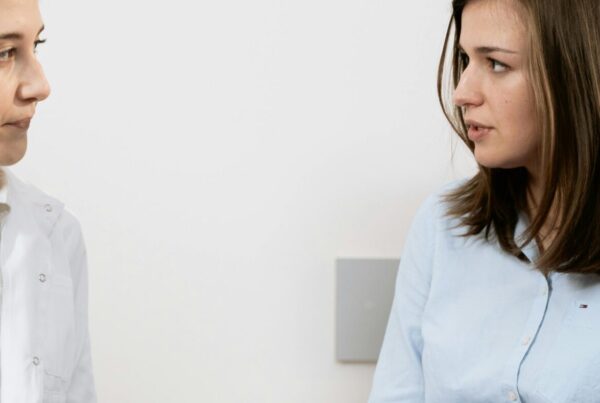by Linda R. Sheeran E.D.,
Being part of a military family poses many challenges as these families change locations every two to three years. One challenge is completing a Bachelor’s Degree. If a service member or spouse starts a four-year Bachelor’s Degree program how will they be able to finish when they are transferred to a new location? Many questions for military families arise such as – how can I decide what classes to take when I don’t know which credits will transfer to a university at our next location? What is the best degree for me to pursue that will be useful no matter our location? How can I help support my family if I can’t finish my education?
Great Plains Interactive Distance Education Alliance (IDEA) has answers for those you serve that are seeking a Bachelor’s degree:
- Great Plains IDEA students apply and are admitted to one university, which becomes their home university.
- Students enroll and pay tuition at their home university; however, courses are taught fully online by faculty from each of the partner universities.
- Each degree or certificate includes courses taught by multiple universities who partner together to offer degrees they could not offer alone.
- Each university uses its own learning management system to deliver online course content, and students use the Learning Management System to complete coursework.
- When coursework is completed, the degree or certificate is awarded by the home university.
That’s right! The members you serve can start their degree while stationed in Oklahoma and finish in Sembach, Germany, for example. Check out how it works at www.gpidea.org.
A program that offers an opportunity for those you serve to be employed almost anywhere in the world is the Early Care and Education for a Mobile Society (ECEMS) program. There is a list of over 727 childcare facilities located on Military Instillations around the world. All of these facilities need qualified, hardworking, and dedicated individuals to staff their facilities. If military families are moving every two to three years, it would be an assumption that turnover in these facilities happens every two to three years as well. Thus, the ECEMS program may perhaps provide job security.
Today, children and families are increasingly mobile. This is especially true for military families, immigrant families, families who must travel to make a living, homeless families, and families living in poverty. Young children and their families need professional support from individuals who want to work with them in a society that is always “on the go.” That person could be one of the members you serve.
ECEMS is a completely online undergraduate program provided by seven universities working in collaboration. This bachelor’s degree completion program will prepare graduates to work in early childhood settings with young children, especially those whose family members are highly mobile.
When the program is completed graduates will be qualified to work in a variety of programs that offer early care and education in the community and on military installations. This degree program does not lead to licensure. However, we are finding more and more of the states in the United States are accepting this degree and awarding certification through alternative certification or emergency certification.
Some of these programs where graduates can obtain employment include:
- Childcare centers and homes;
- Infant, toddler and preschool programs;
- Head Start programs and;
- Before and after-school programs for children ages birth to eight.
No more wasted money, no more credits that won’t transfer, no more worries about how to help with family financial issues. When those you serve (Service members, Veterans, and military spouses) are ready to begin the program they can simply go to www.gpidea.org and they are on their way.
Check out these additional resources for military spouses:
- Employment Resources for Military Families – OneOp Family Transitions & Personal Finance webinar
- Spouse Education and Career Opportunities (SECO) site
- Permanent Change of Station Information and Resources – OneOp Family Transitions blog post by Vicki Lafollette
Writers Biography
 Linda Sheeran is an associate professor clinical faculty emeritus from the College of Human Sciences, Oklahoma State University, Stillwater, Oklahoma. Linda serves as a core faculty member and the practicum coordinator for the Early Care and Education for a Mobile Society program offered through the Great Plains Interactive Distance Education Alliance. She also teaches Introduction to Early Care and Education for a Mobile Society offered through Oklahoma State University.
Linda Sheeran is an associate professor clinical faculty emeritus from the College of Human Sciences, Oklahoma State University, Stillwater, Oklahoma. Linda serves as a core faculty member and the practicum coordinator for the Early Care and Education for a Mobile Society program offered through the Great Plains Interactive Distance Education Alliance. She also teaches Introduction to Early Care and Education for a Mobile Society offered through Oklahoma State University.
Photo source: Adobe stock















